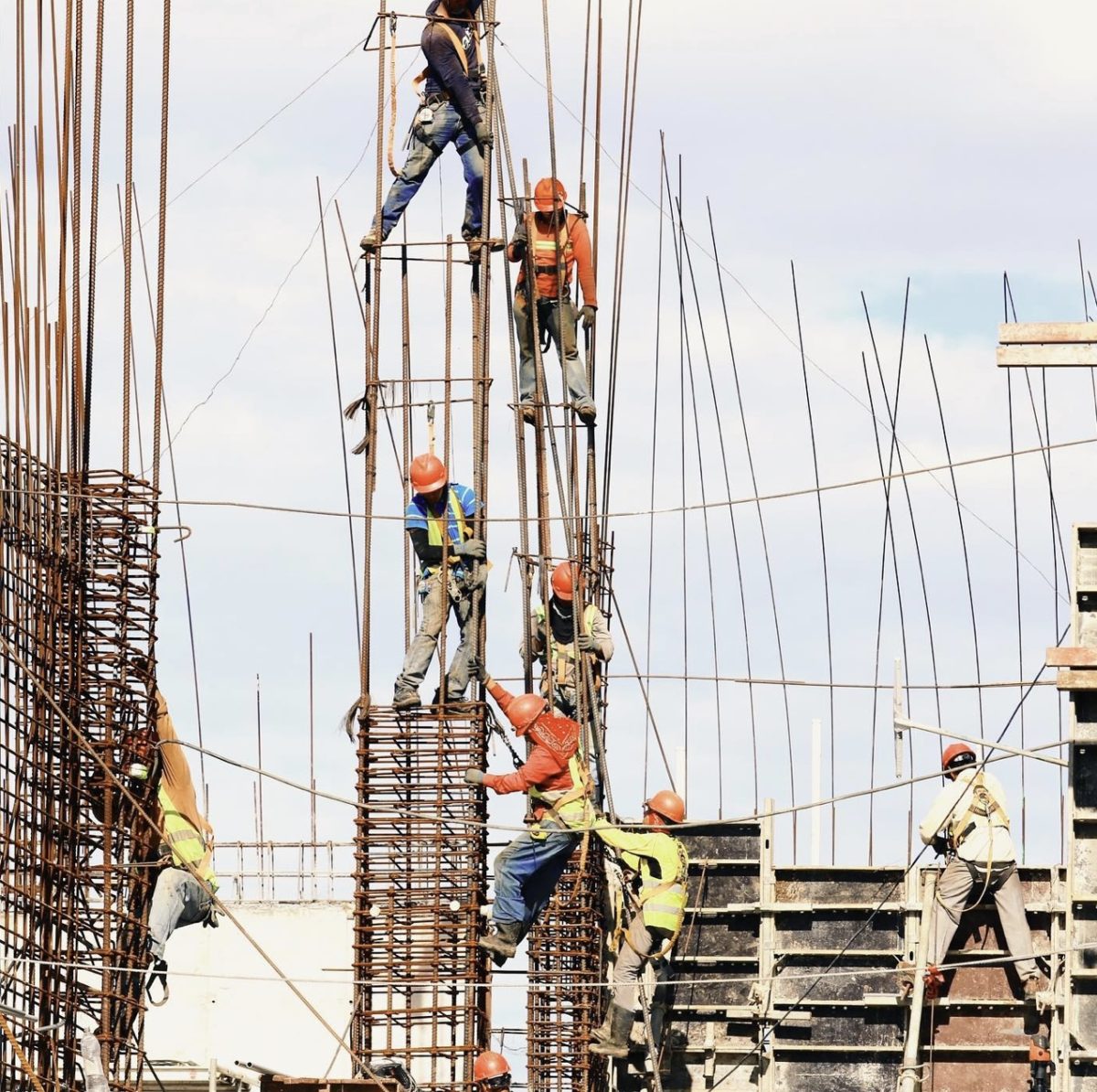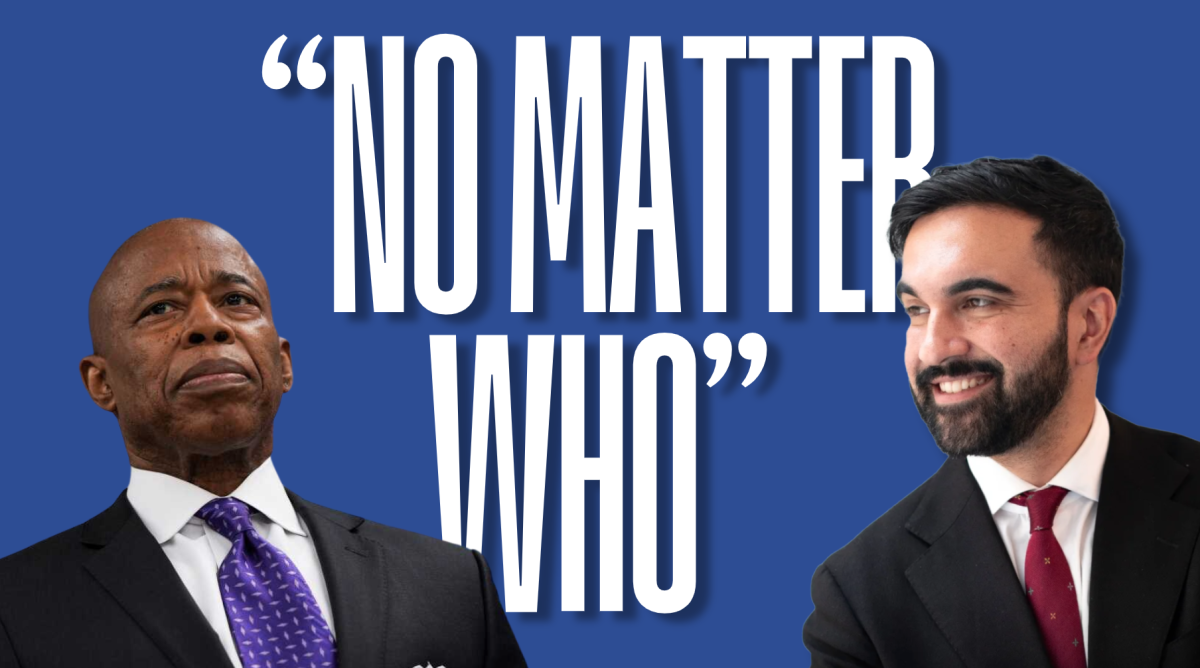Fostering a common understanding with labor classifications has always been rather messy: who is the boss, and who is not? Modern conditions have made it so the line between boss and worker is blurred, such that at the same time one can be both and neither. Gig work is only the latest in that trend — contract-style work that promises to hand control and agency to the worker, rather than the employer. Despite the term appearing out of thin air and its recent rapid surge in popularity, gig work is hardly something new. The premise of day labor, a day-by-day job to perform unskilled labor for a day that does not necessarily imply any sort of incorporation into a firm, has been around as long as hired labor has been needed. Gig work only came about as a new way to describe something that has been around for centuries. The distinction appears as a way to justify a more vicious sort of exploitation, the sort that anyone with any modicum of conscience must identify with evil.
It seems absurd to ask whether or not a gig worker ought to be assured the same privileges and protections afforded to “regular” workers (a distinction which I shall touch on shortly). Functionally, the purpose of labor protections has been to protect hired labor against different forms of abuses inflicted by an employer. Furthermore, the distinction of “protected labor” is extended to all hired labor, so all firms that directly employ must comply with federal regulations (minimum wage, workplace safety regulations, etc.). The classification of gig work was created to circumvent these standards; that is, to exploit labor power without being held to labor standards. With that understanding, it is hardly unsurprising that gig workers are subject to the sorts of abuses that we associate with a past era, and the people that exploit them cannot be held accountable.
The assumption that any laborer is not entitled to the same protections as other laborers, even if their classification is different, is absurd, as all people are fundamentally deserving of the same protections under the law. There are differing circumstances that affect people such that one may find themselves less privileged in one way or another. The role of the law, particularly in labor, is to ensure that all employees, no matter whom or what they work for, are afforded the same protections.
The assumption that “gig” or temporary labor does not afford workers the same protection as “permanent” labor demonstrates the idea that some people are not worthy of being protected under the law. It is equivalent to saying there are some people who are not worthy of living at all, since selling one’s labor time is required to live in this society. The denigration of one’s time is to denigrate not only their livelihood, but to diminish their personhood by declaring that their time is worth less.
Temporary labor also holds a special place in society. For example, some people are incapable, for whatever reason, of not being able to maintain “permanent” labor. This is a group that encompasses wide swaths of society that includes students of both high school and university age, retirees, people with physical or mental impairments, people whose permanent labor does not pay enough for them to live on, people entering the workforce from an absence, immigrants, migrants, the unbanked and the homeless. To note that temporary labor is not worth the protections is to say that the labor time of these people is not worth anything at all — a dangerous assumption to make, for it is this same temporary labor that feeds us, clothes us, erects our buildings and drives our cars.
Whether it be gig work or permanent labor, anyone who sells their labor time is entitled to the highest level of protection that we can make available. It is our duty to ensure equality under the law, because to devalue someone’s labor and deem it not worth protecting is to devalue that person’s humanity. No worker ought to be classified as a gig worker; the separation and dividing of labor into groups is to value one over the other and only serves to allow one group of people to take advantage of another. The protections afforded gig workers ought to be no less comprehensive than those afforded to other workers, owing to the universality of labor exploitation.



















































































































































































































